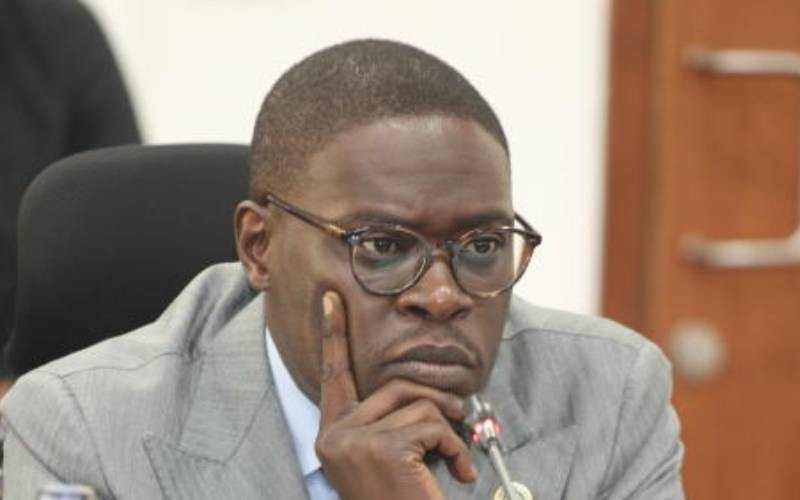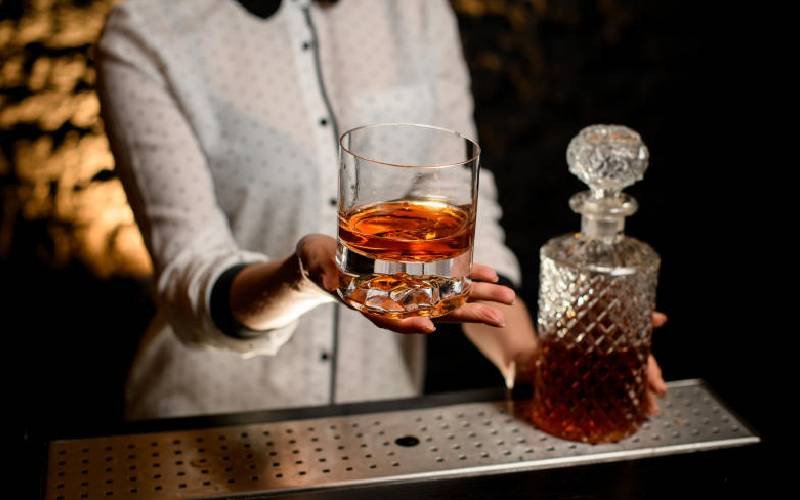Civil society groups have expressed support for the National Policy for the Prevention, Management, and Control of Alcohol, Drugs, and Substance Abuse (2025).
In a joint statement in Nairobi, the groups said alcohol abuse in Kenya is not just a personal problem, but a family, community and national issue that is destroying productivity and the country’s social fabric.
“It is unchecked availability, affordability and normalisation is driving a health crisis, destroying Kenya’s productivity and national well being. This policy is timely to help us course-correct,” reads the statement.
The organisations include Addiction Prevention and Rehabilitation Association of Kenya, Blue Cross Kenya, Elewa Ulevi, Graceful Youth Recovery Centre, International Institute for Legislative Affairs, International Society of Substance Use Professionals-Kenya Chapter and Kasarani Community Anti-Drug and Alcohol Coalition.
Others are; Kenya Alliance Against Alcohol and Drug Abuse, Kenya Girl Guides Association, Kenya Tobacco Control and Health Promotion Alliance, National Taxpayers Association, Non-Communicable Diseases Alliance-Kenya, Oasis of Love CBO, Slum Child Foundation, Students Campaign Against Drugs and Vintage Talent’s Anchour CBO.
The statement comes barely two weeks after the National Authority for the Campaign Against Alcohol and Drug Abuse (NACADA) unveiled proposals to restrict alcohol access.
The proposals include raising the legal drinking age from 18 to 21, banning alcohol outlets near learning institutions, and limiting advertising and promotions.
The civil society coalition urged Kenyans to protect the policy from misinformation and sabotage by commercial interests.
“Opinion data shows 90 per cent of Kenyans see alcohol as a problem, with many having experienced or knowing someone who has experienced road accidents, domestic violence, unemployment, loss of a family member or other diseases due to alcohol consumption,” they noted.
The groups stated that currently, one in every eight Kenyans use alcohol, with one in every 20 persons having alcohol addiction.
“These are millions of Kenyans trapped in the cycle of addiction, with devastating consequences for their health, families and economic productivity. Families spend thousands on treatment, pushing households further into poverty,” the statement reads.
The civil society said treatment costs are expensive for most households with the cheapest rehabilitation centre in the country charging Sh55,000 for a three-month programme. In private facilities, costs range from Sh120,000 to Sh1 million for the same period.
The coalition painted a picture of the impact alcohol has on homes and children. They cited studies showing that in Kajiado urban and peri-urban areas, 54.4 per cent of men and women have been assaulted by someone who was intoxicated.
Stay informed. Subscribe to our newsletter
In Embu and Machakos, 56 per cent of girls and women reported sexual violence from intoxicated men.
Children, the groups said, face assault from intoxicated caregivers, sexual abuse by relatives under the influence, emotional trauma from witnessing domestic violence, and educational disruption due to parental alcohol use.
“Alcohol-consuming households in Kenya spend less on food, potentially contributing to children’s malnutrition, compared to non-alcohol consuming households,” the statement noted.
Further, the group refuted claims that the policy could cost the economy 1.3 million jobs if fully implemented.
“But we ask, what about the 1.36 million Kenyans already struggling with alcohol use disorders? Or the 3.66 million users living under the shadow of addiction and its consequences. What about the children forced to drop out of school due to parental alcohol use, or the women and girls violated by intoxicated partners?” reads the statement in part.






















